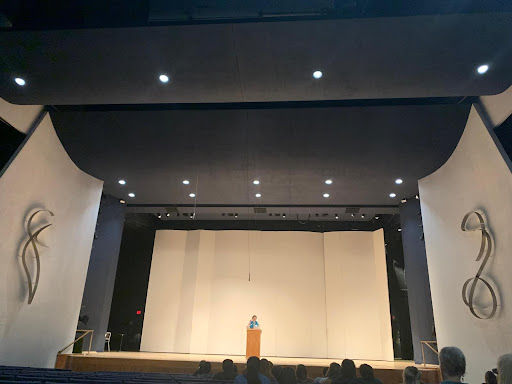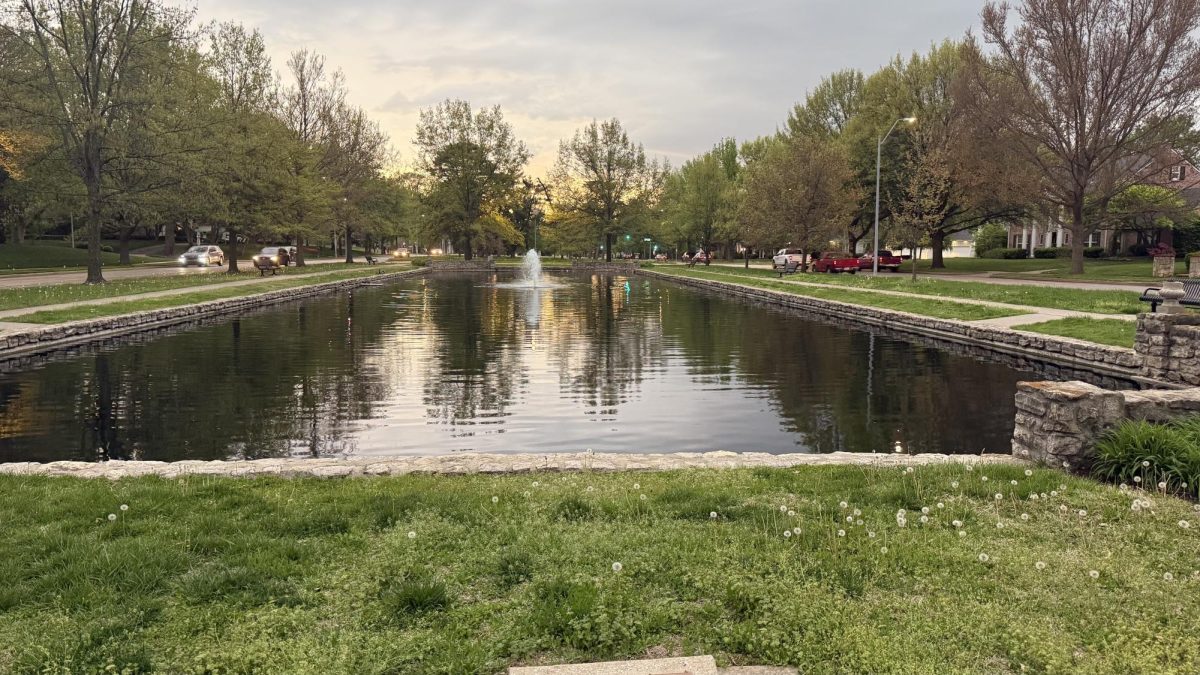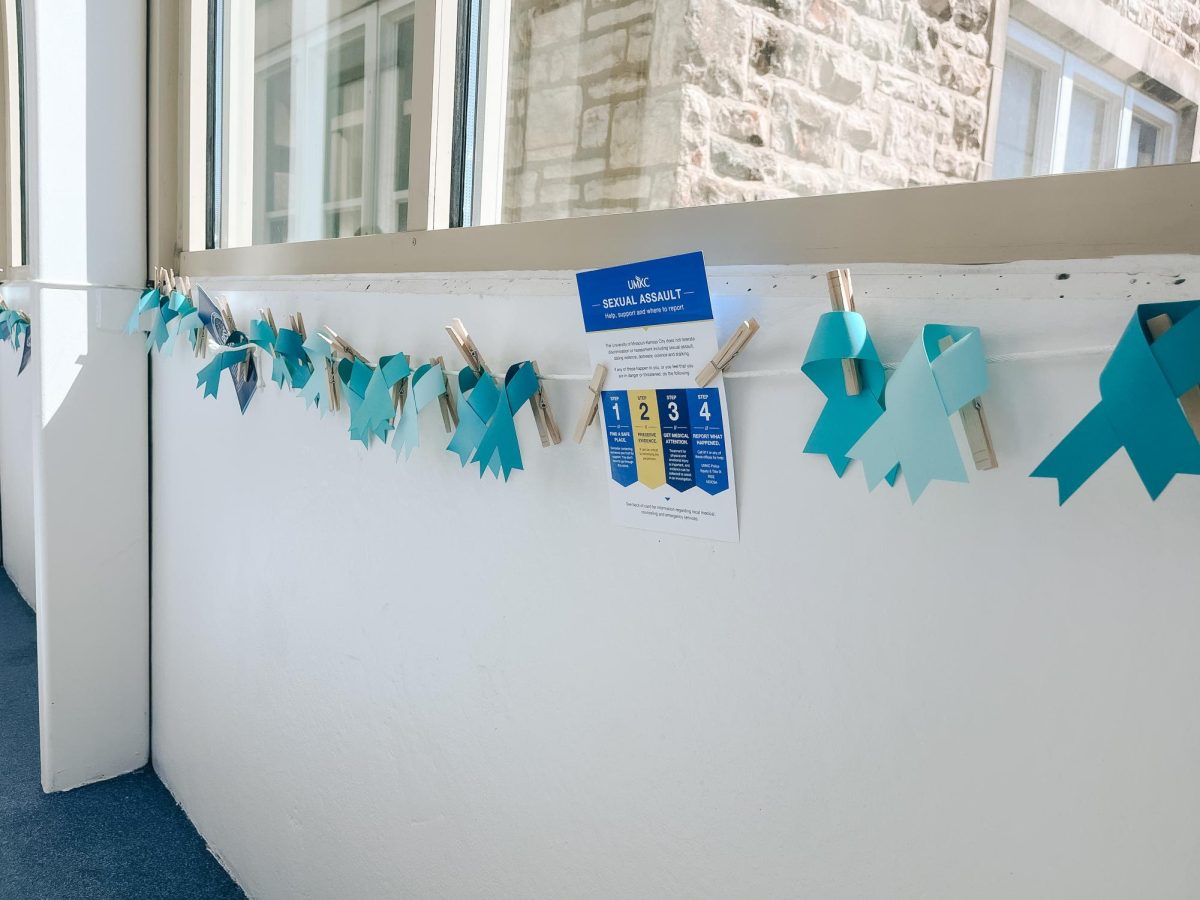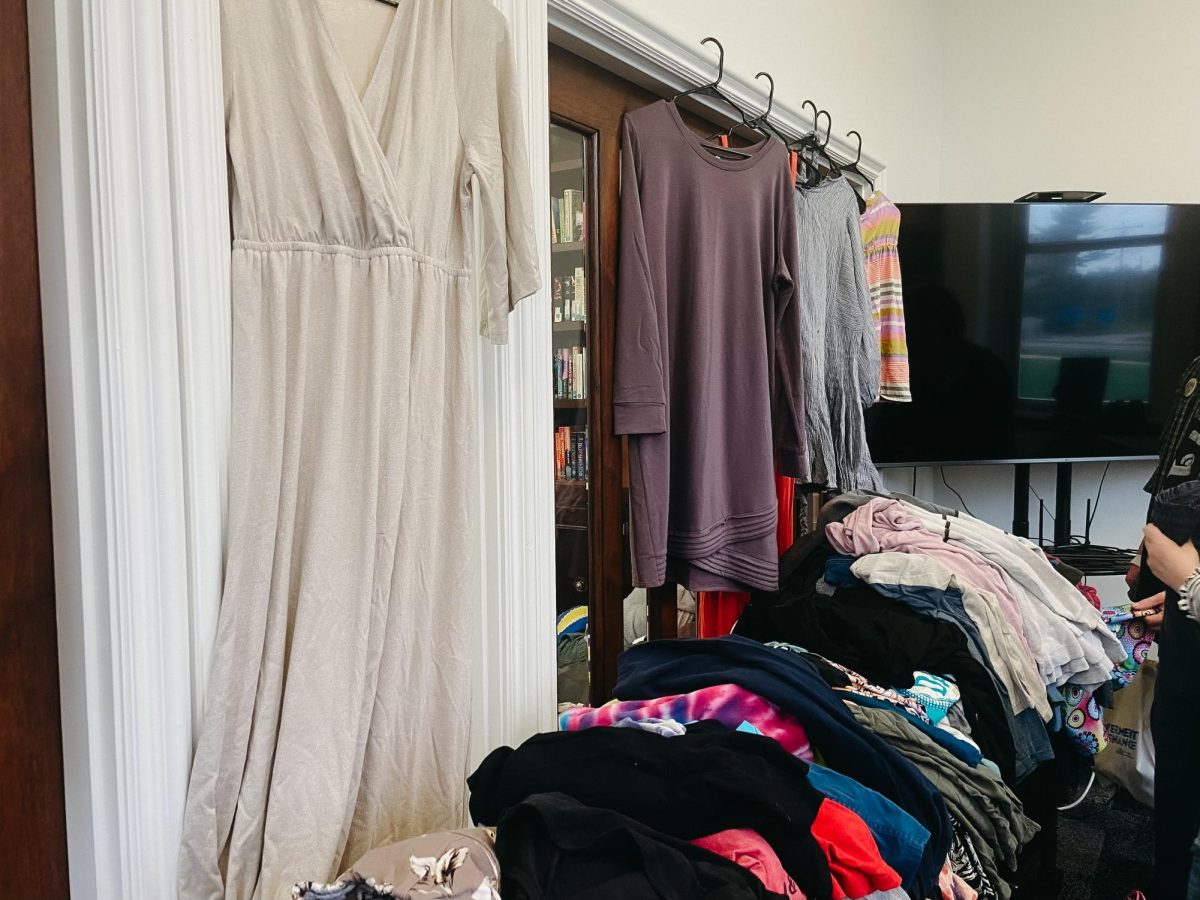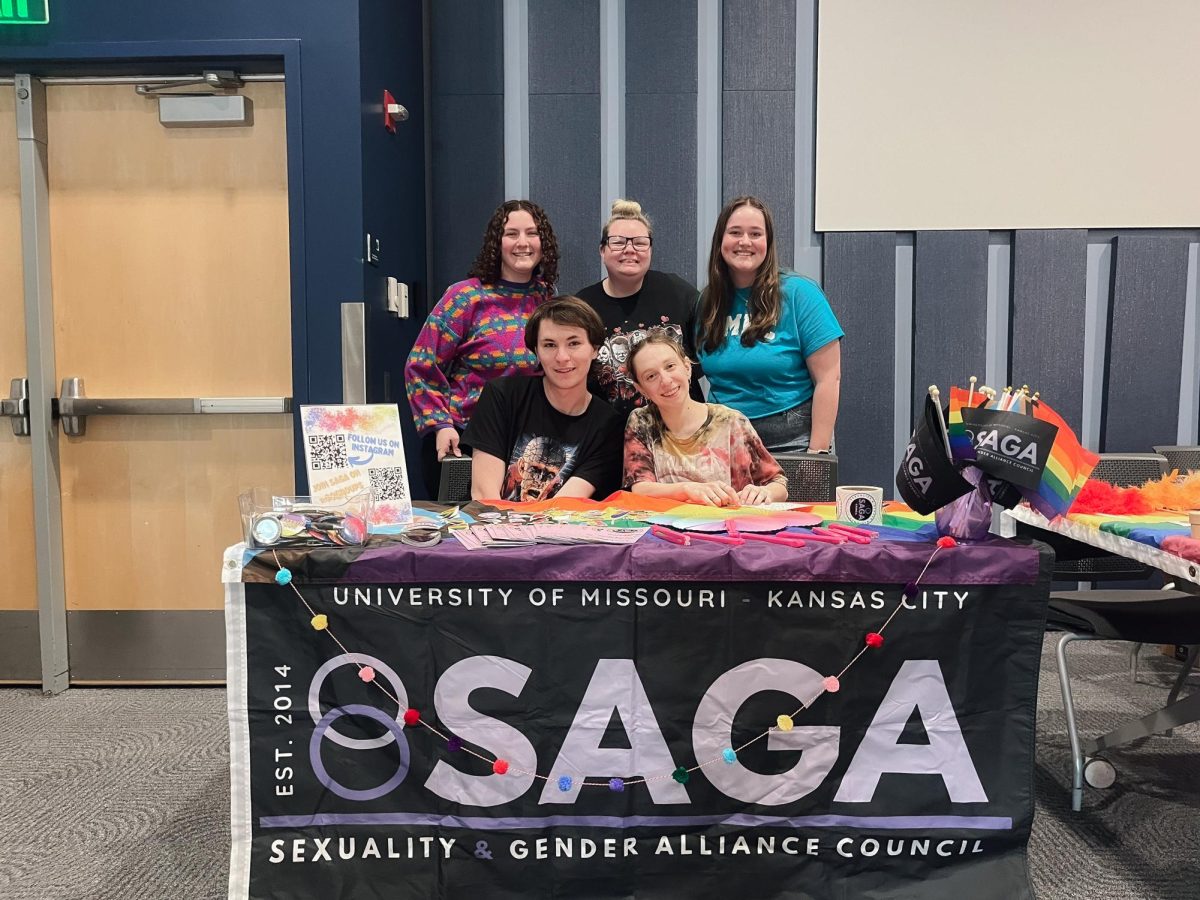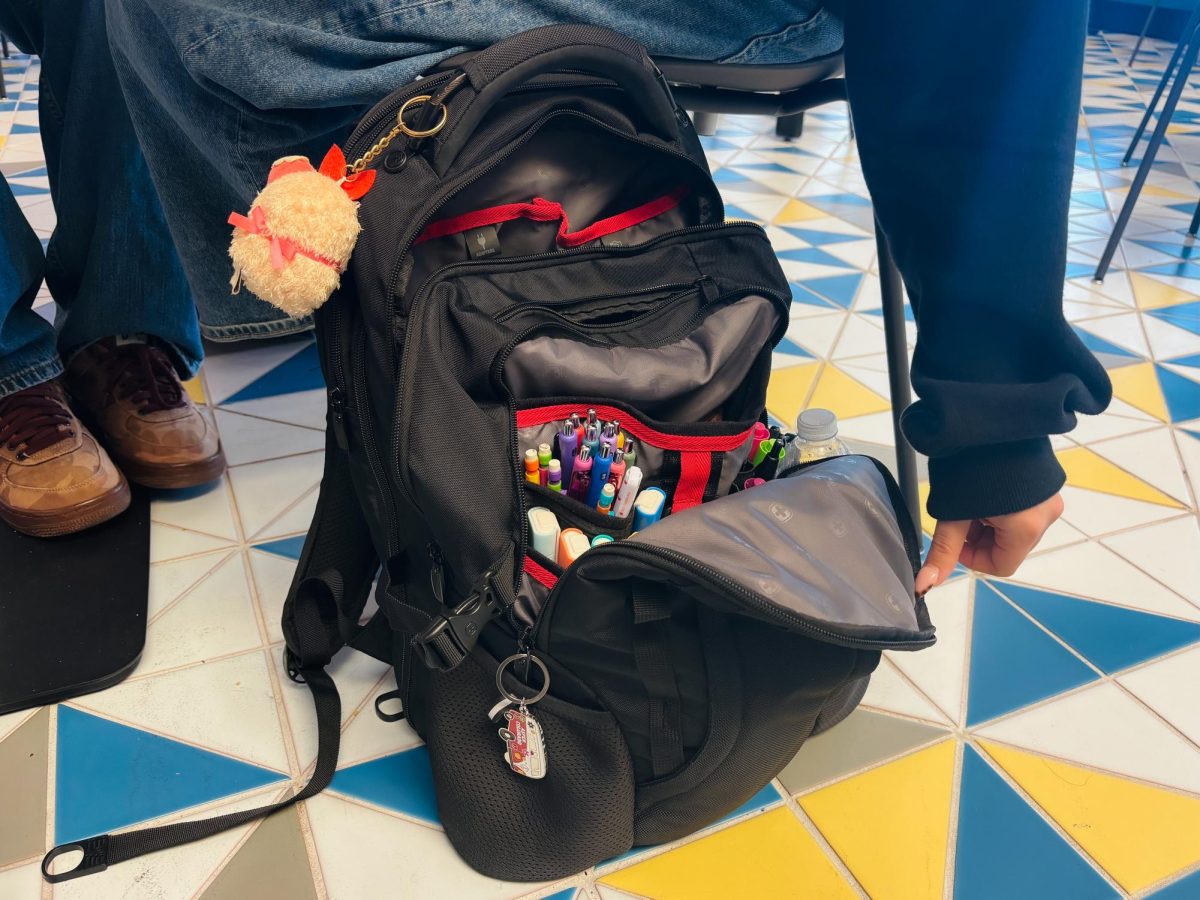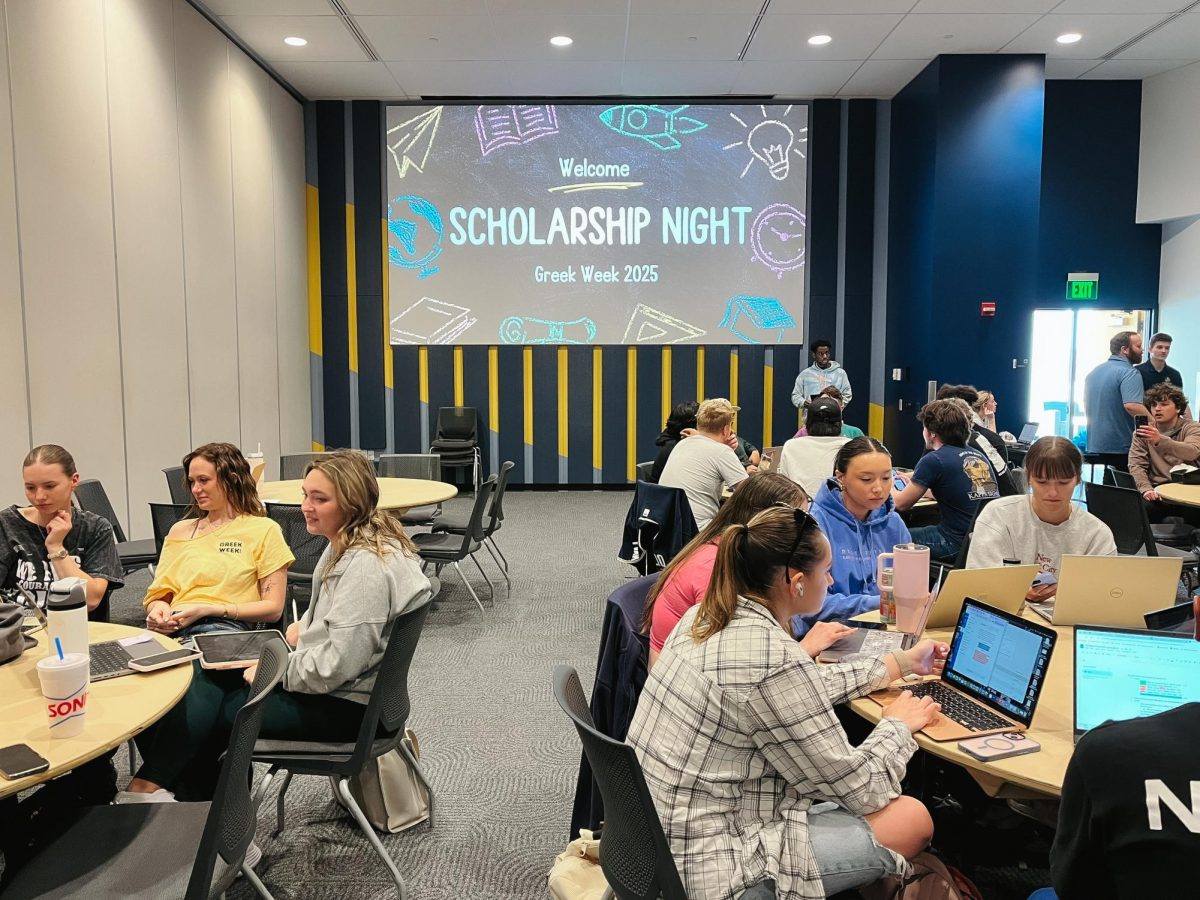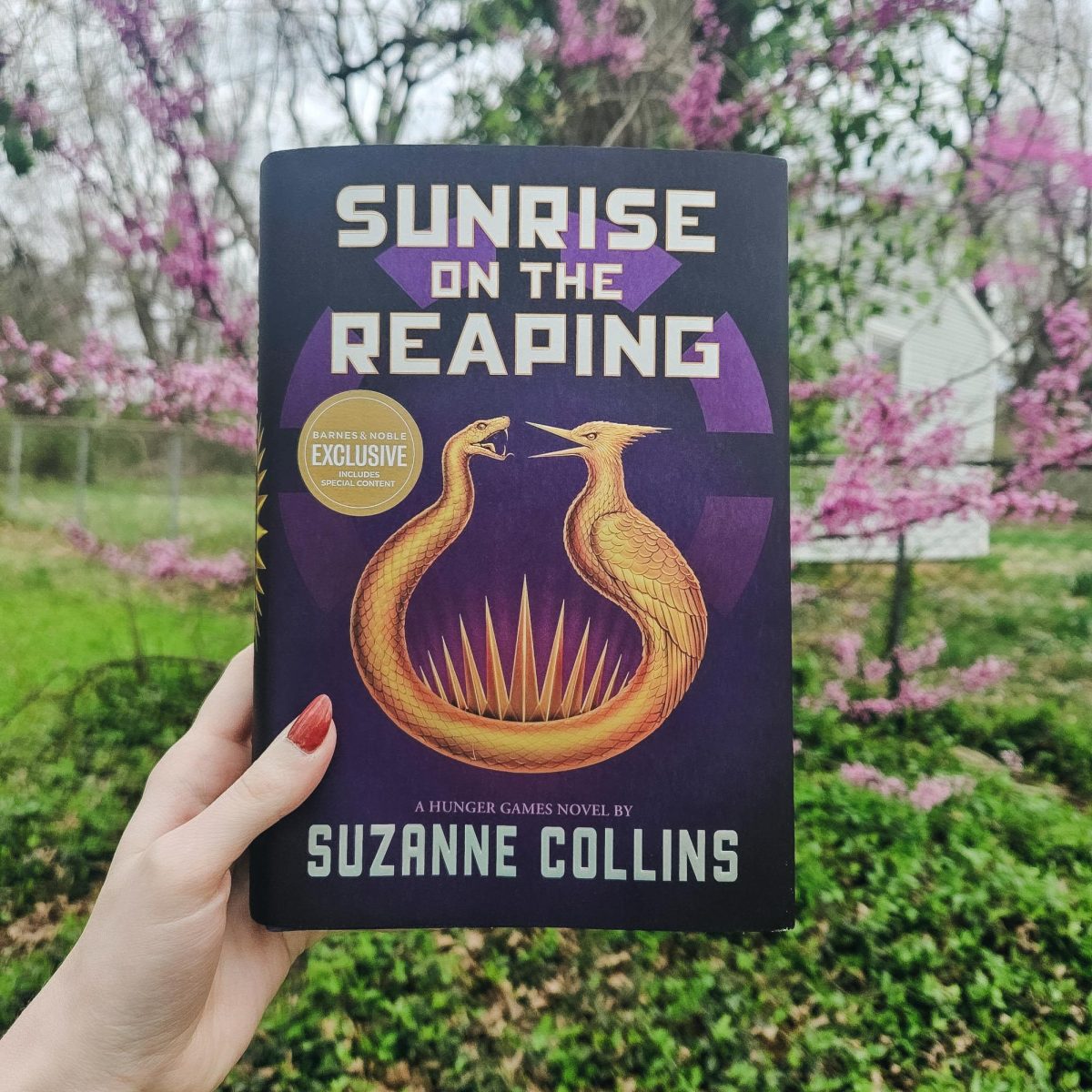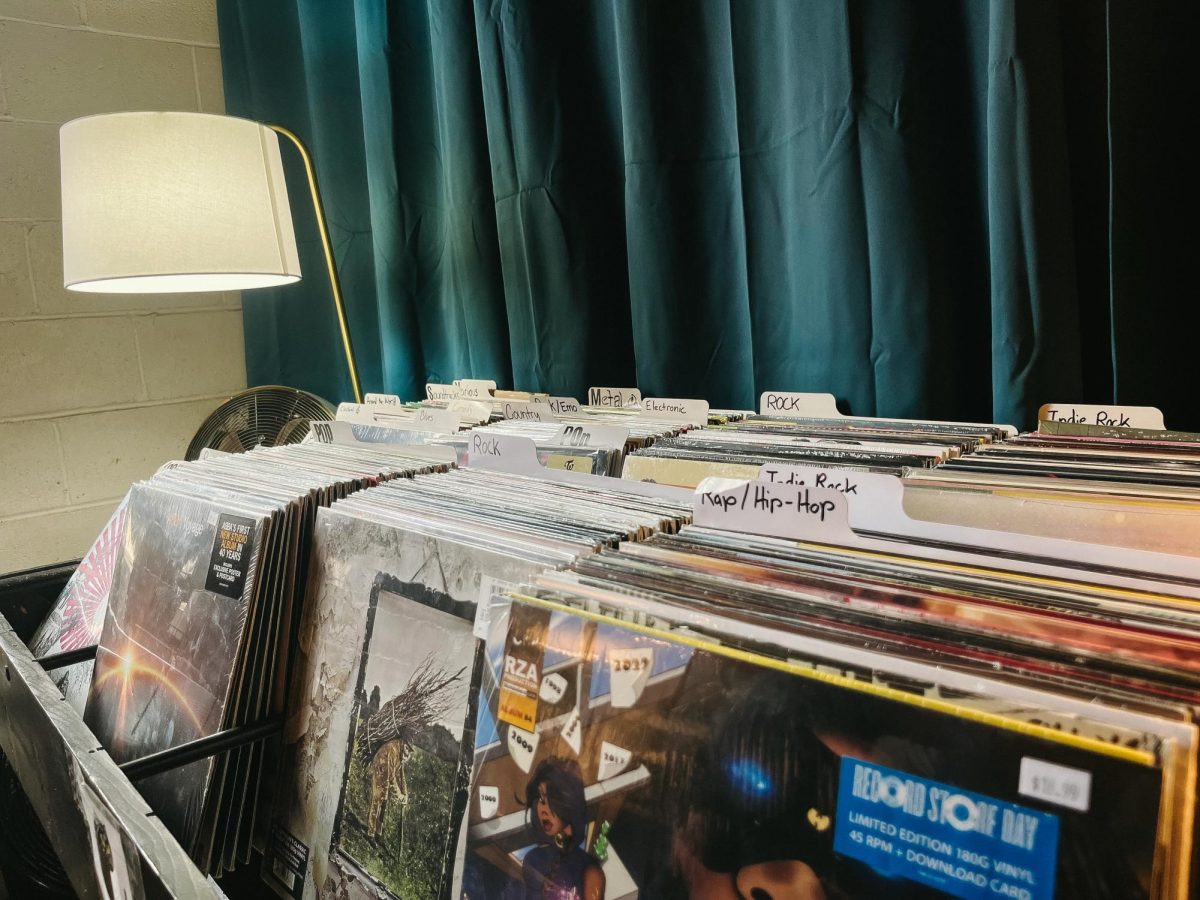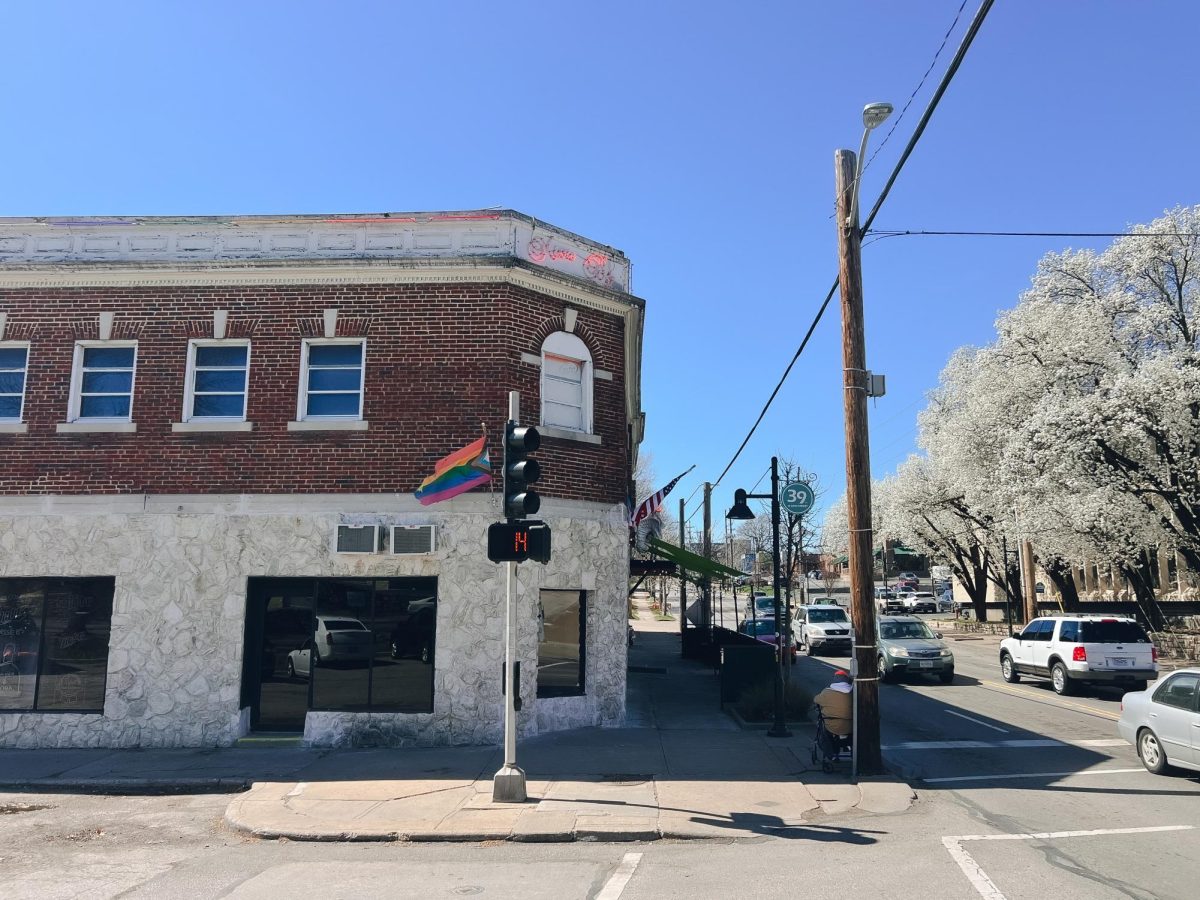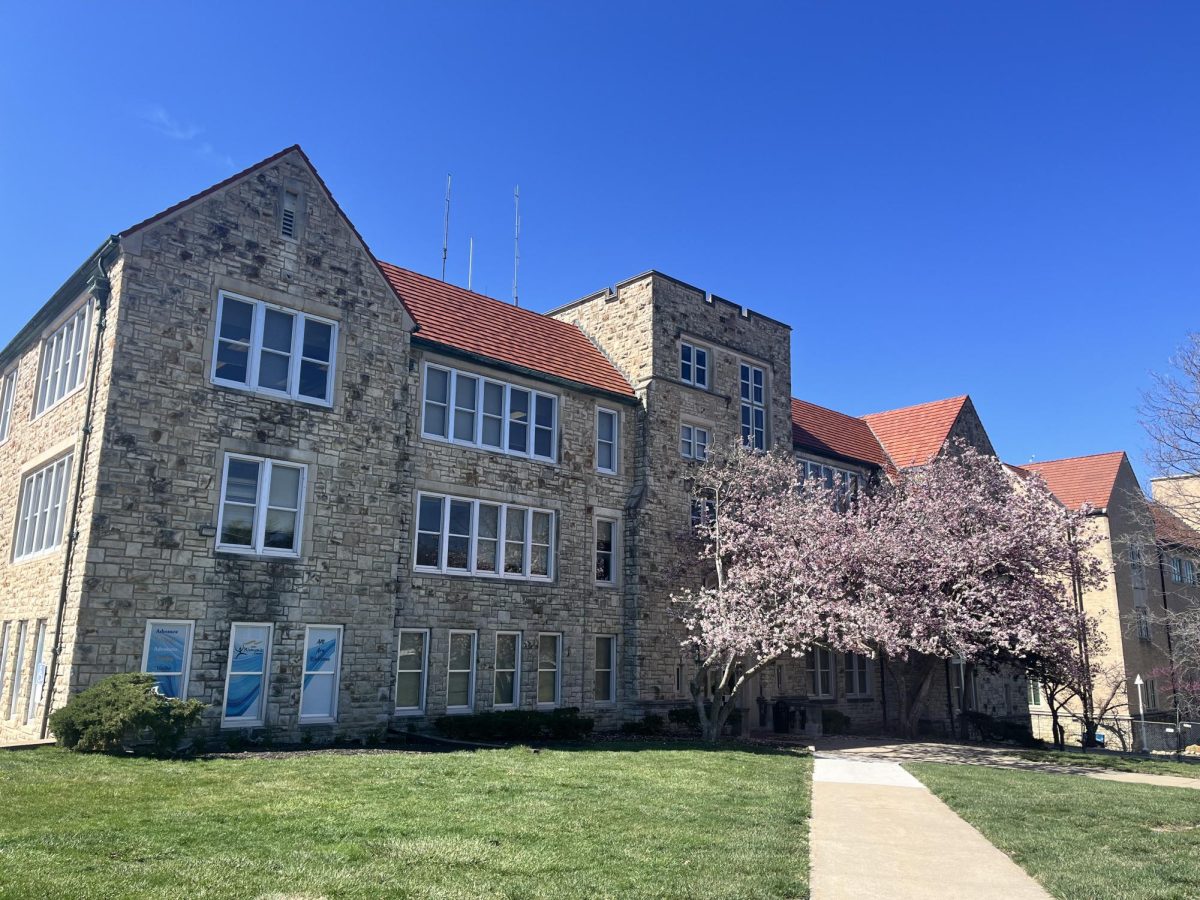The UMKC Music Therapy department celebrated its 50th anniversary at the UMKC Conservatory last Saturday, April 6.
After a filling meal and signing in, students, faculty, alumni and guest speakers moved to White Recital Hall to hear about the program’s powerful impact from alumni and faculty.
Throughout this celebration, participants learned about ways in which music is used therapeutically as a physical, cognitive and social tool.
Brandon Thibodeau, a senior music therapy major at UMKC, explained that students are not only required to complete coursework, but they must complete a six-month internship and become board-certified to provide music therapy services.
“We work in a lot of different facilities like nursing homes, hospitals, schools, mental health,” Thibodeau said.
The first presentation of the morning was given by alumni and faculty members Robert Groene, Maggie Rodgers and Barbara Penn. The three kicked off the event with a conversation on finances and retirement in music therapy, presenting a skill work session on guitar to the audience.
Throughout the morning, guests chose which presentations they wanted to view. This morning session included a student presentation on music therapy as treatment and alumni presentations over music therapy history, as a private practice, and in schools.
After a morning full of fascinating speakers, attendees were treated to a hearty lunch and break.
The last session of the celebration event included keynote speeches from influential members of the UMKC Music Therapy department. The audience heard from trainer and consultant Andre Dalton, program founder Dr. Wanda Lathom-Radocy and Representative Ingrid Burnett.
UMKC junior Hadley Jarvis explained the importance of music therapy being represented politically.
“Hearing from Representative Burnett advocating for us at the political office level is really cool,” Jarvis said.
During her keynote speech, Burnett emphasized the importance and advantage of being knowledgeable about music therapy.
“The power that musical experiences have, of connecting ideas and impacting behavior, gave me an advantage that others did not and do not possess,” Burnett said.
Read more about the UMKC music therapy degree program here.


